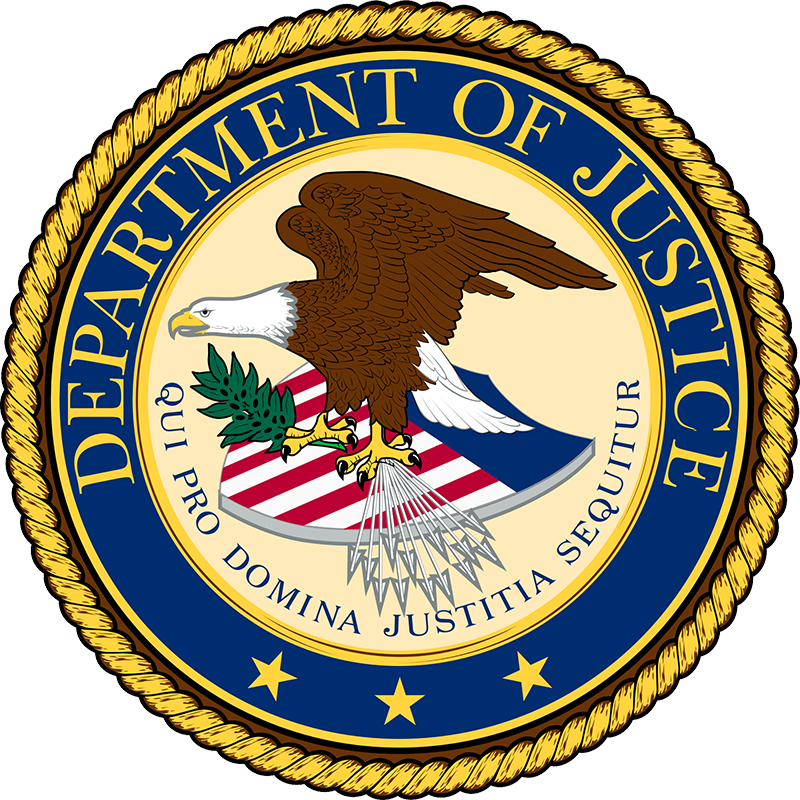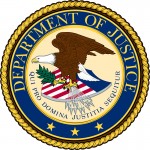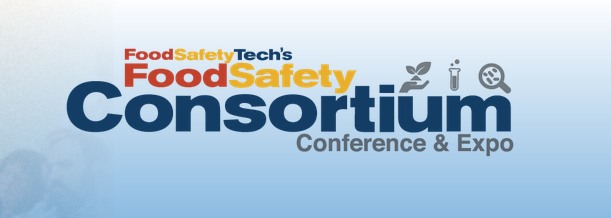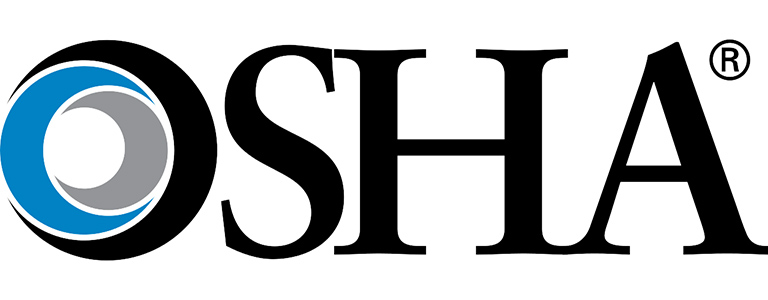Navigating the murky waters that COVID-19 presents has been no easy task for food companies. Being part of America’s critical infrastructure has meant that adapting to the pandemic has been unavoidable, and the industry has directly taken on the challenges to ensure the nation has a reliable food supply. But what about the frontline workers, their safety and how this ties into operational continuity as a whole? During last week’s episode of the 2020 Food Safety Consortium Virtual Conference Series, an expert panel discussed the practices that food companies have put in place during the pandemic and offered advice on managing the entire scope of COVID-19 challenges including screening employees and preventing infection transmission, safeguarding workers and the facility, administrative and engineering controls, education and training, and risk management.
“No doubt that it is a concert of controls and interventions that have allowed our industry to effectively combat this over the past several months,” said Sanjay Gummalla, senior vice president of scientific affairs at the American Frozen Foods Institute. “By and large, the industry has taken charge of this situation in a way that could not have been predicted.” Gummalla was joined by Trish Wester, founder of the Association for Food Safety Auditing Professionals and Melanie Neumann, executive vice president and general counsel for Matrix Sciences International.
First up, the COVID Czar—what is it and does your company have one? According to Neumann, this is a designated person, located both within a production facility as well as at the corporate location, who manages the bulk of the requirements and precautions that companies should be undertaking to address the pandemic. “We’re not trained in people safety—we’re trained in food safety,” said Neumann. “And it’s a lot to ask, especially on top of having to manage food safety.”
Some of the takeaways during the discussion include:
- Administrative controls that must be managed: Appropriate cleaning, disinfection and sanitation; PPE; employee hygiene; shift management; and surveillance mechanisms
- PPE: “It’s really clear now that face masks and coverings are critical in managing source control—it prevents the spread and protects other employees,” said Gummalla. “All employees wearing masks present the highest level of protection.” When the attendees were polled about whether face coverings are mandatory where they work, 91% answered ‘yes’.
- Engineering controls within facility: Physical distancing measures such as plexiglass barriers, six-foot distance markings, traffic movement, limited employees, and hand sanitizer stations. “Engineering controls in a facility involve isolation from the virus,” said Gummalla. “In this case, controlling [and] reducing the exposure to the virus without relying on specific worker behavior. This is where facilities have implemented a great amount of thoughtful intervention, probably at a high capital cost as well.” Companies should also consider airflow management, which can involving bringing in an outside professional with expertise in negative and positive air pressure, advised Wester.
- Verification activities and enterprise risk management: Neumann emphasized the importance of documentation as well as advising companies to apply a maturity model (similar to a food safety culture maturity model) to a COVID control program. The goal is to ensure that employees are following certain behaviors when no one is watching. “We want to be able to go from ‘told’ to ‘habit’,” she said.
- Education and training: Using posters, infographics, brochures and videos, all of which are multilingual, to help emphasize that responsibility lies with every employee. “It is important to recognize the transmission is predominately is person to person,” said Gummalla. Do you have a daily huddle? Neumann suggests having a regular dialogue with employees about COVID.
- The future, 2021 and beyond: Does your company have a contingency, preparedness or recovery plan? “The next six months are going to be critical; in many parts of the world, the worse is not over yet,” said Gummalla. “There will be a lot more innovation in our industry, and communication will be at the heart of all of this.”
As part of a special offering, Episode 3 has been made available for viewing on demand for free. Register to view the on-demand recording.
















